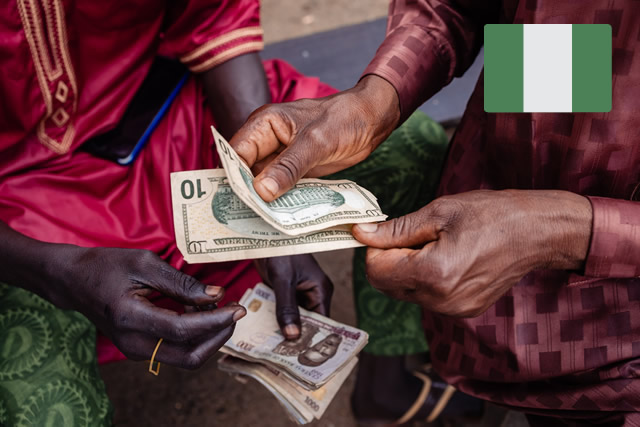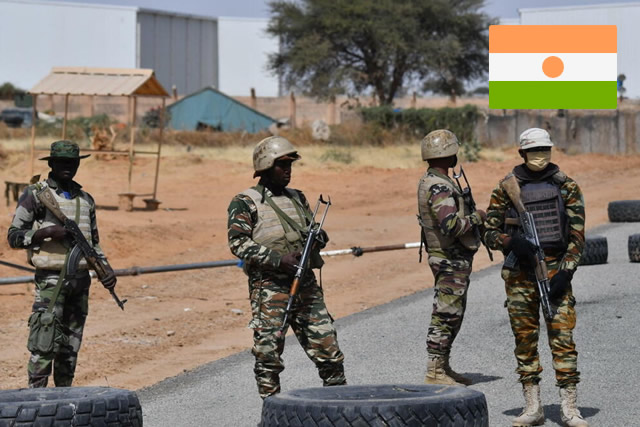
Nigeria: Evolving Multidimensional Security & Economic Challenges
October 9, 2023
Source: France24.com
Summary
During September 2023, 11 major security incidents were recorded in Côte d'Ivoire resulting in one fatality. When benchmarked against the preceding period from August 1 to August 31, 2023, these numbers represent a significant increase in security incidents. Riots dominated the security landscape, comprising the majority of the incidents, followed by protests and violence against civilians. The most active participants in these demonstrations were rioters, followed by police forces, protesters, civilians, and military forces. The outcomes of the municipal and regional elections very likely contributed significantly to this shifted security environment, which witnessed the rise of reactive demonstrations and violent confrontations.
Background
The Côte d’Ivoire's political and socio-economic environment is characterized by historical electoral volatility, sustained skepticism towards government institutions, and persistent regional and economic disparities, exacerbated by the challenges of modern information dissemination. Past electoral periods have been accompanied by allegations of fraud, casting a shadow of skepticism among the populace regarding the transparency and fairness of government actions. These sentiments have been further entrenched by regional disparities in infrastructure, education, health, and employment opportunities, fostering feelings of marginalization particularly in areas less favored by state resource allocation. This fragmented socio-political landscape, combined with persistent economic challenges and societal memories of civil conflict, renders the nation sensitive to disruptions and reactive escalations during electoral periods. In the age of digital communication, unchecked and rapid information dissemination via social media platforms has introduced a new dynamic, with narratives and events spreading and gaining traction with unprecedented speed. This new-age challenge, combined with historical and present-day factors, contributes to the country's complex socio-political fabric.
Analysis
- The outcome of the municipal and regional election on September 2 very likely triggered the significant increase in security incidents from August to September, as indicated in the spike of incidents in the 2-day period following the election. Widespread allegations of voting irregularities and the perceived sidelining of opposition groups very likely drove the wave of violence in the election’s direct aftermath. The prevalence of riots and demonstrations very likely indicates the public's perception that institutional avenues are inadequate or ineffective for addressing their concerns.
- The destruction of electoral materials and vandalization of local Electoral Commission headquarters during the voting process was very likely the manifestation of past election controversies and persistent skepticism towards election integrity. These perpetrators very likely planned this destruction pre-emptively, likely believing the election to be rigged and the outcome decided before citizens casted their ballots. These acts were likely not intended to stop the election but rather send a message to regional and federal politicians through intimidation tactics.
Forecast
- During October there will likely be a decrease in the frequency of security incidents compared to September levels. Given the reactive character of September 2023 events and the drop in incidents after September 5, it is unlikely that demonstrations in October will maintain or intensify in frequency. It is possible that any further decisions or announcements related to the elections will trigger renewed riots and protests. Security forces will likely remain active and increase their presence to deter further escalations, risking further unintended violent confrontations with civilians and exacerbating public dissatisfaction.
- Underlying political tensions are likely to increase in the lead-up to the 2025 general election as the exodus of political figures from President Alassane Ouattara’s RHDP continues to grow. The increase in independent candidates will likely result in shifting public loyalties and unpredictable political affiliations. Jihadist elements in the Sahel will likely attempt to capitalize on this political fragmentation to expand their influence in the Côte d’Ivoire’s northern territories. These factions will likely engineer targeted disinformation campaigns, exploiting the country’s socio-economic grievances and framing the RHDP administration as compromised. Such campaigns will very likely pose a threat to public confidence, likely undermining trust in the 2025 electoral process and escalating the potential for civil unrest.

